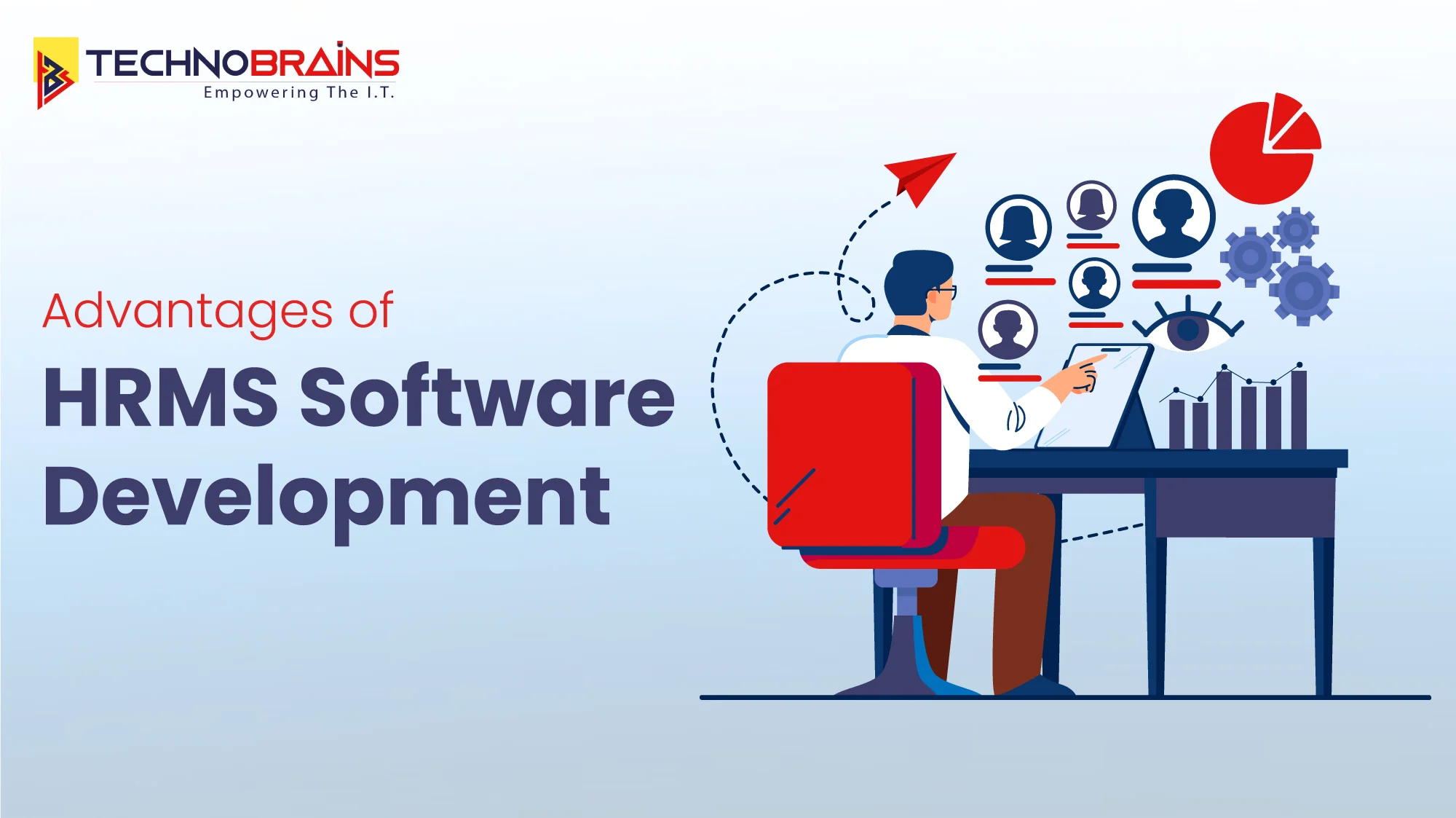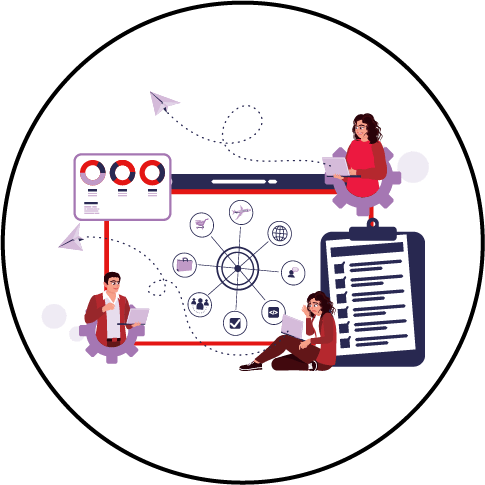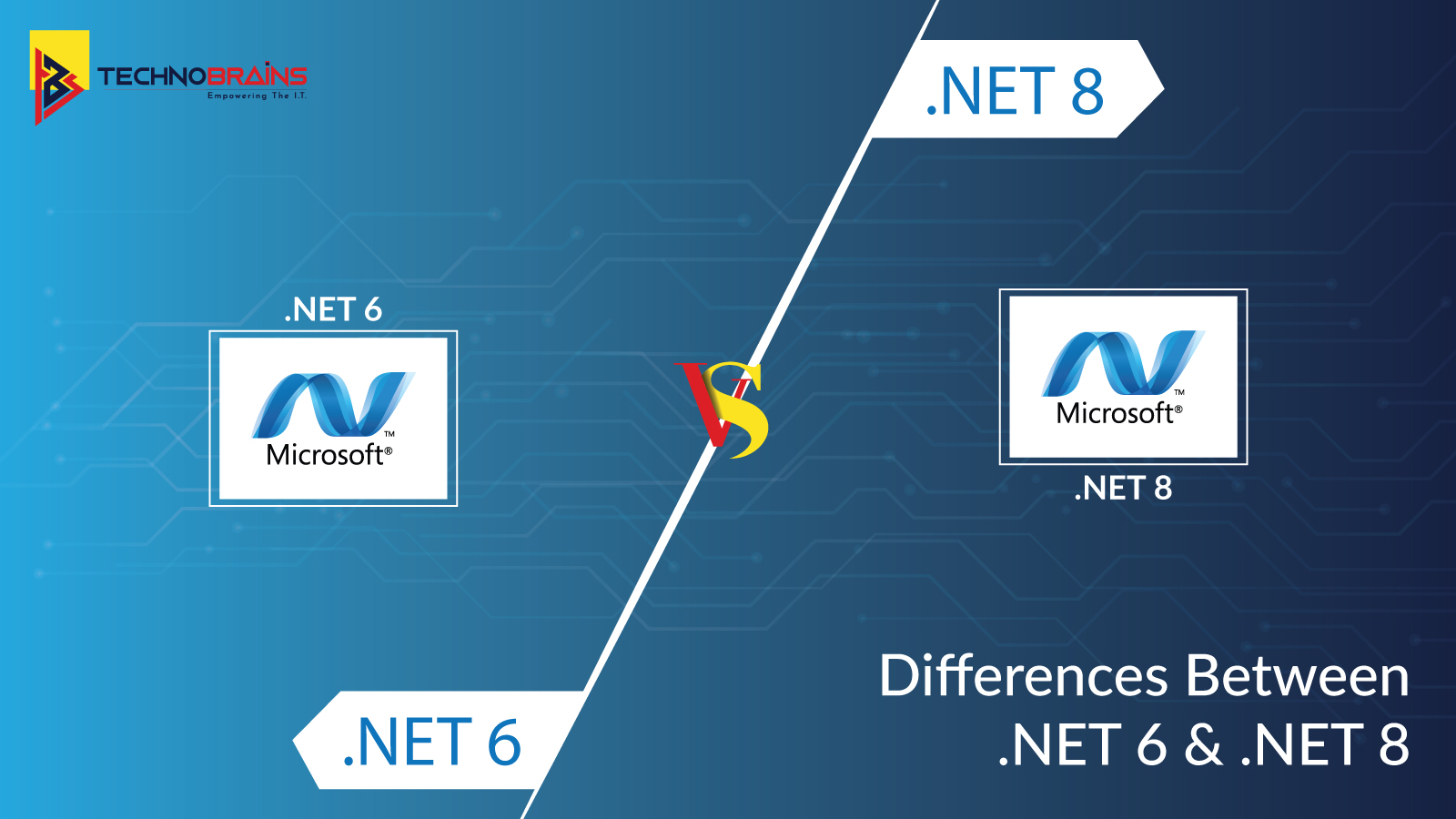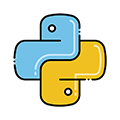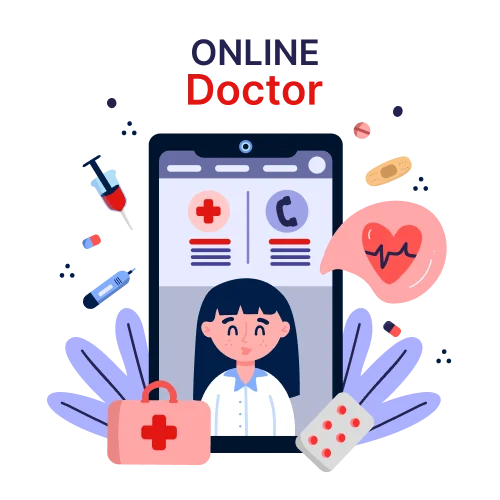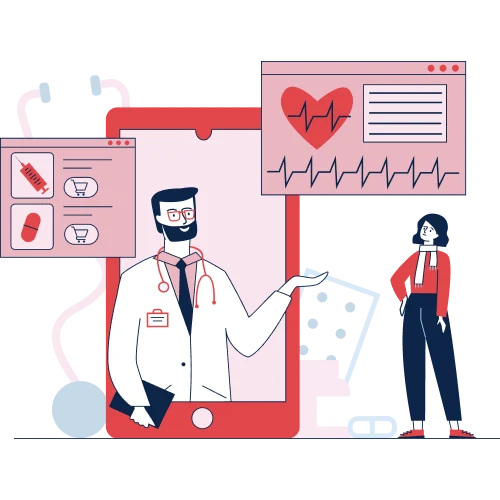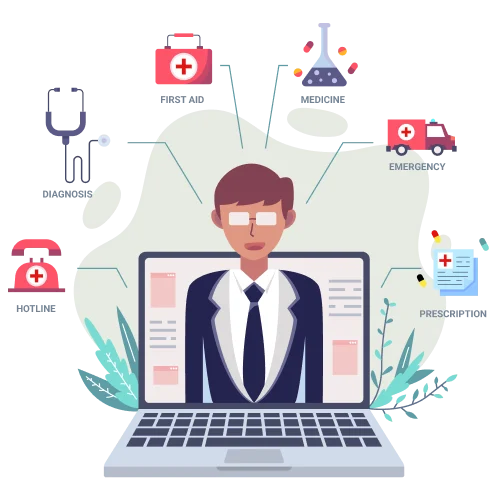Get 40 Hours Free Developer Trial
Test Our Developers for 40 Hours at No Cost - Start Your Free Trial →
Developing Human Resource Management System (HRMS) software enhances HR processes and improves overall workforce management. There are several key advantages to HRMS software development.
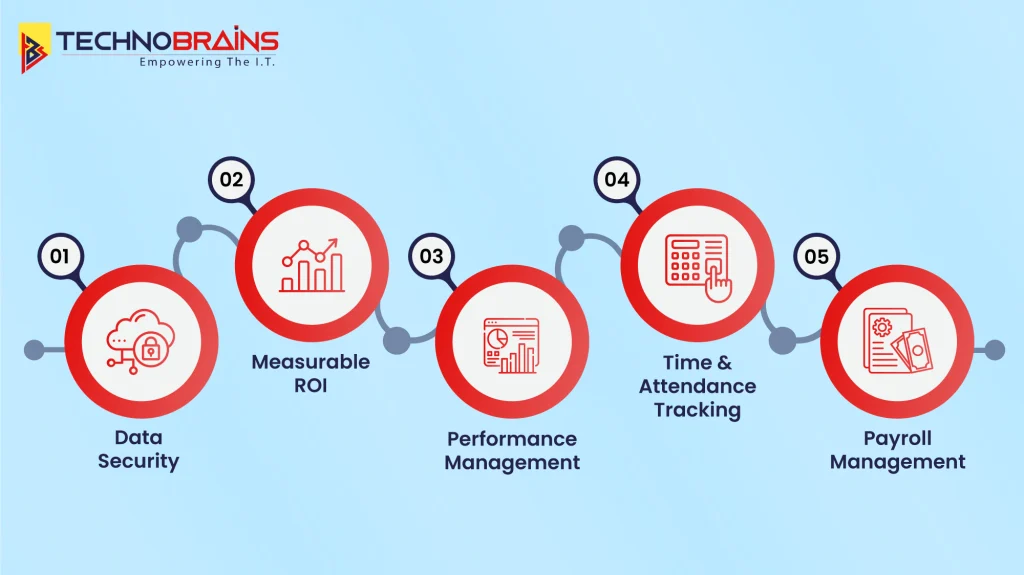
1. Data Security
Data security has some important aspects for protecting sensitive employee information and ensuring compliance with regulations. Maintaining organizational trust. HRMS Platform handles the financial, personal, and performance data.
- Protection of Sensitive Data:- This HRMS can store data such as numbers, social security, bank details, performance reviews, and medical records.
- Regulatory Compliance:- Many regions enforce strict Data privacy laws such as GDPR and CCPA.
- Employee Trust and Reputation:- securing that HRMS Can reassure the employees that their data is Safe and boosts confidence and morale.
- Operational Integrity:- Data leaks or breaches can disrupt all HR functions which can cause delays in recruitment, payroll, and performance evaluation.
Data security in HRMS is sharing the responsibility between the IT, HR, and the third-party vendor. By implementing robust city measures and staying updated on emerging threats, organizations can safeguard sensitive employee information and ensure HR operations.
2. Measurable ROI:
Measurable ROI is a key factor that can justify the investment in HR technology. Implemented HRMS Can improve employee productivity, streamline the HR Processes, and reduce operational costs.
- Employee Productivity and Engagement:- It plays a pivotal role in enhancing employee productivity and engagement, such as fostering communication, automating tasks, and also protecting professional growth.
- Operational Efficiency and Cost Saving:- HRMS can significantly enhance operational efficiency just by automating the workforce, and manual tasks and reducing administrative overhead.
- Reduced Turnover and Improved Retention:- High employee turnover can be costly, and disruptive. HRMS can help organizations reduce turnover and improve retention for streamlined performance management, fostering employee engagement, and promoting career development.
- Compliance and Risk Management:- Compliance and risk management are critical for the organization to avoid legal penalties, maintain operational integrity, and safeguard employee data. An HRMS can ensure the business for labour laws, industry standards, and tax regulations.
Measuring ROI in the HRMS can involve the direction cast saving and indirect productivity grains while the initial cast, which may seem the right, long-term beats that give us the employee engagement and compliance drive.
Read Also, Key Features of HRMS Software Development
3. Performance Management:
It is essential for aligning the employee goals with the organizational objectives, fostering professional growth, and driving productivity. By automating the goal setting, appraisals, and feedback.
- Goal Setting and Alignment:- This is vital for driving employee performance and also ensuring individual efforts to contribute to the organizational objectives.
- Continuous Feedback:- Continuous feedback plays a crucial role in the effective performance management, improvement, & engagement and fostering a culture of open communication
- 360-Degree Performance Review:– This is a comprehensive evaluation process that reviews the feedback from multiple sources such as peers, managers, subordinates, and customers.
- Automated Performance Appraisals:- Streamlining the traditional performance review process for leveraging the technology to collect, evaluate, and analyze the performance data.
HRMS transforms performance management, which once a year progresses to an ongoing, dynamic approach to enhance employee engagement, derive long-term growth, and boost productivity.
4. Time And Attendance Tracking:
Time and attendance tracking plays a critical role in human resources management. It also ensures that employees’ working hours are accurately recorded and monitored.
- Automated Time Entry:- An employee can easily log their work directly into the HRMS online portals, which also accommodate the various work schedules such as full and part-time.
- Real-Time Monitoring and Visibility:- HRMS platforms provide real-time data for employee attendance.
- Leave Management:- Employees can request time off directly through the HRMS, and the managers can approve the real-time.
- Overtime and Compliance Management:- It is a crucial part of ensuring that all businesses adhere to maintain employee Engagement and labour law and also avoid costly penalties. It also involves regulating, tracking and compensating the employee
Time and Attendance tracking in the HRMS platform offers rich benefits from automating the entry and leave management which can ensure compliance with labour laws and optimize the payroll process.
5. Payroll Management:
Payroll management involves the process of compensating the employee for the work, including deductions and bonuses, calculating wages, and also ensuring compliance with tax regulations.
- Automated Payroll Calculation:- HRMS can work automatically, which calculates the employee salaries based on overtime, bonuses, working hours, and commission.
- Tax Calculation and Compliance:- The HRMS platform can calculate the employee tax deduction based on their location, income, and tax regulations.
- Integration with Time and Attendance:- HRMS integrates the payroll data with the time and attendance system, which ensures the employee hours, leave, and overtime.
- Deduction and Benefits Management:- HRMS calculates and also deducts the applicable amount for benefits such as retirement contributions, health insurance, and loan repayment.
Payroll management in HRMs can automate and streamline payroll processing by calculating salaries, ensuring compliance, and taxing distribution payments. This can reduce the administrative burden and improve the efficiency of the employee paid on time enhancing the accuracy.
Read Also, Exploring Different Types of HRMS Software Development
Conclusion
HRMS software development can empower businesses, which can improve data accuracy, streamline HR operations, enhance employee management, and boost overall efficiency. It has features such as automation, real-time analytics, and scalability. HRMS solutions are essential for the organization to optimize workforce management and sustainable growth.
If you want to transform your HR processes and evaluate the business with a tailored HRMS solution. Contact us at TechnoBrains trusting your partner in the innovative software solution.

